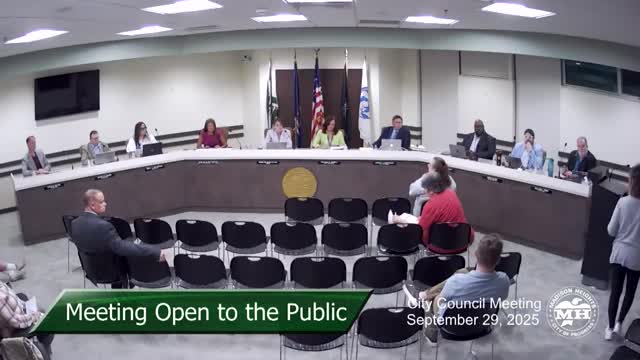Article not found
This article is no longer available. But don't worry—we've gathered other articles that discuss the same topic.
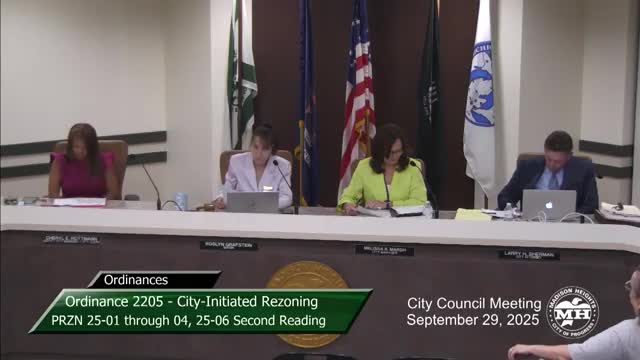
Council adopts ordinance rezoning six properties to mixed‑use and residential categories
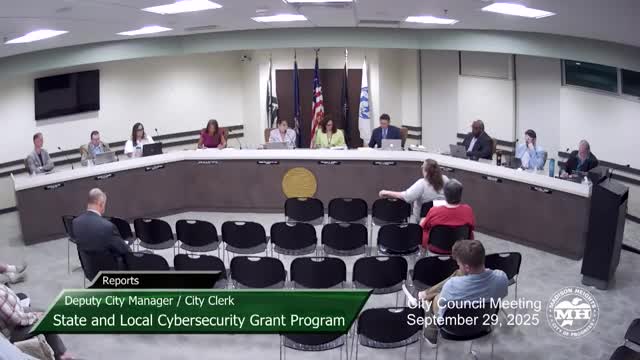
Madison Heights Council accepts $18,488 cyber grant to move city website to .gov domain
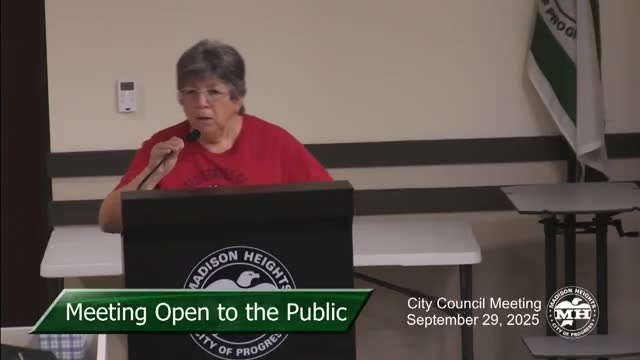
Resident raises concerns over Dartmouth expansion, neighbors cite traffic and neighborhood character impacts
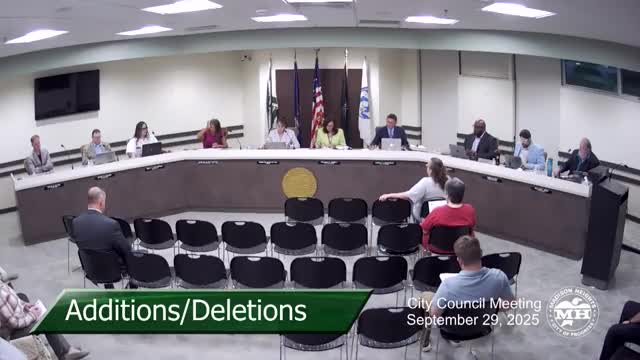
Madison Heights proclaims October 2025 Fire Prevention Week, warns of lithium‑ion battery risks
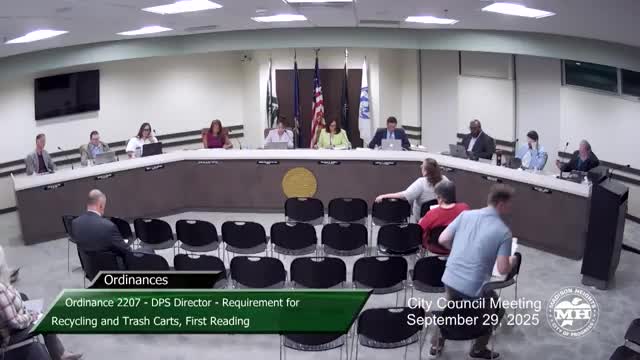
Council advances ordinance to require city‑approved trash and recycling carts, asks staff to specify enforcement penalties
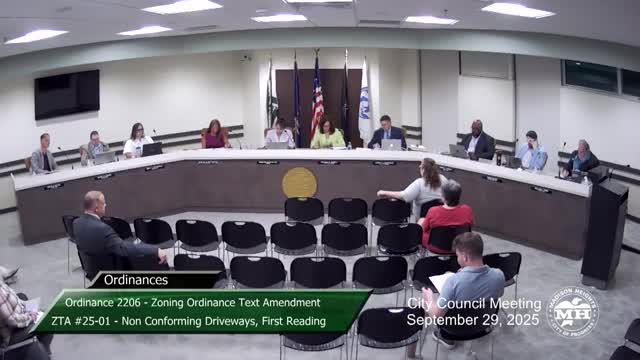
Council conducts first reading of zoning text amendment to allow replacement of nonconforming residential driveways
